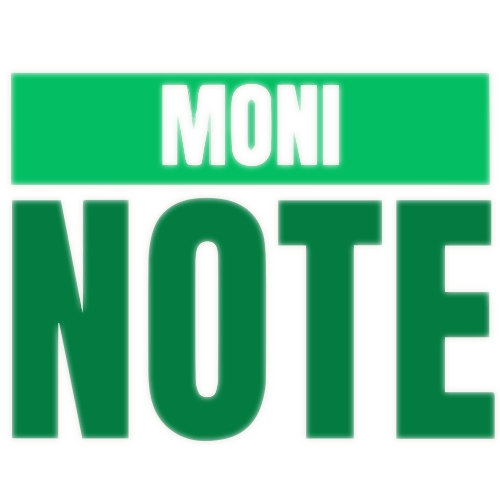Money Notes That Matter: From Daily Totals to Real Insight

The Problem with Traditional Expense Tracking: Why 89% of People Give Up
Traditional budgeting apps require you to fill out complex forms, select categories from dropdowns, and remember to log every transaction. This friction causes 89% of users to abandon expense tracking within 30 days. The solution? Natural language processing that understands how you actually think about money.
How Vietnamese Slang Makes Expense Tracking Effortless
In Vietnam, people naturally say "Bún bò 65k" or "Cà phê sữa đá 25k" when thinking about expenses. Traditional apps force you to translate this into "Food - $2.80" and select "Restaurant" from a category list. This cognitive overhead kills the habit.
The Science Behind Natural Language Money Tracking
Research from Stanford shows that people are 3x more likely to maintain financial habits when they can express themselves naturally. When you write "Bún bò 65k + gửi xe 5k", your brain processes this as a complete thought, not as separate data points to be categorized.
How AI-Powered Expense Parsing Works
Modern expense tracking uses natural language processing to understand context, not just keywords:
- Amount Detection: Recognizes "65k", "65,000", "65k VND" as the same value
- Category Inference: "Bún bò" → Food, "gửi xe" → Transportation
- Currency Normalization: Automatically converts to your base currency
- Date Context: "Hôm qua" → Yesterday, "tuần trước" → Last week
Real-World Examples: From Notes to Insights
Input: "Sáng nay: cà phê 25k, bánh mì 15k, xăng 200k"
Output:
- Food & Beverage: 40,000 VND
- Transportation: 200,000 VND
- Total: 240,000 VND
- Time: Morning
The Vietnamese Slang Advantage
Vietnamese has unique expressions for money that traditional apps miss:
- "Chẵn" - Round numbers (100k, 500k)
- "Lẻ" - Odd amounts (47k, 123k)
- "Chục" - Tens (2 chục = 20k)
- "Trăm" - Hundreds (3 trăm = 300k)
From Daily Notes to Monthly Insights
When you consistently log expenses in natural language, patterns emerge:
- Your morning coffee habit costs 750k/month
- You spend 40% more on weekends
- Transportation spikes during rainy season
- Food expenses increase 25% during holidays
Advanced Features: Search and Analysis
Natural language search lets you ask questions like:
- "How much did I spend on coffee this month?"
- "Show me all expenses over 100k"
- "What did I buy last Tuesday?"
- "Compare this month to last month"
Privacy and Security: Your Data Stays Yours
Unlike traditional apps that send your data to servers, modern expense trackers process everything locally. Your "Bún bò 65k" note never leaves your device unless you choose to sync it.
Getting Started: The 30-Day Challenge
Try this simple system for 30 days:
- Write one expense note per day in your natural language
- Don't worry about categories or formatting
- Review your patterns weekly
- Adjust your spending based on insights
Conclusion: Make Money Tracking Feel Natural
Expense tracking shouldn't feel like work. When you can express your spending naturally, in your own language and context, it becomes a habit that actually sticks. The key is removing friction, not adding features.
